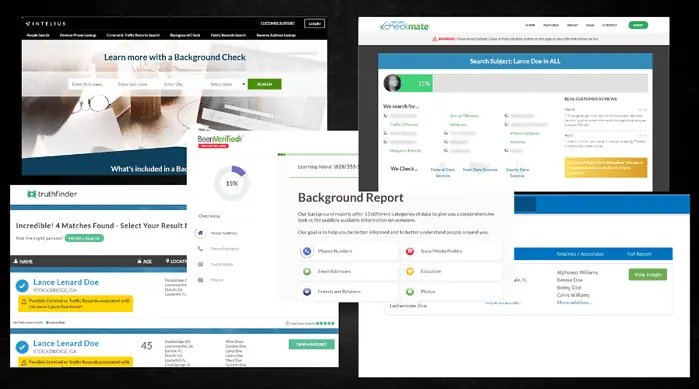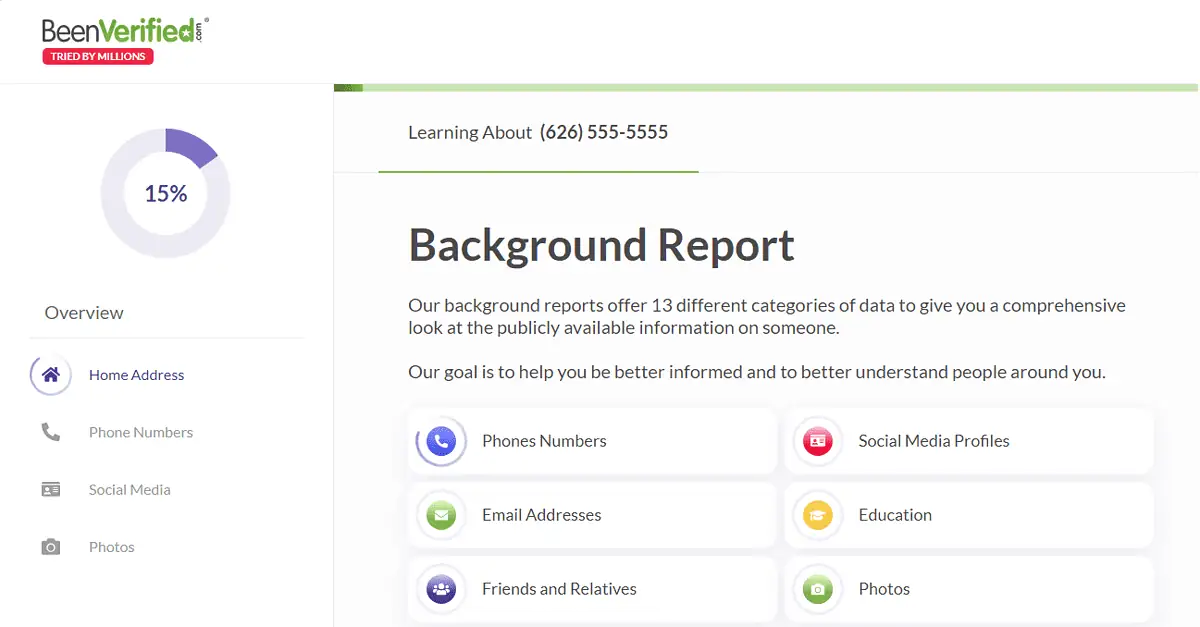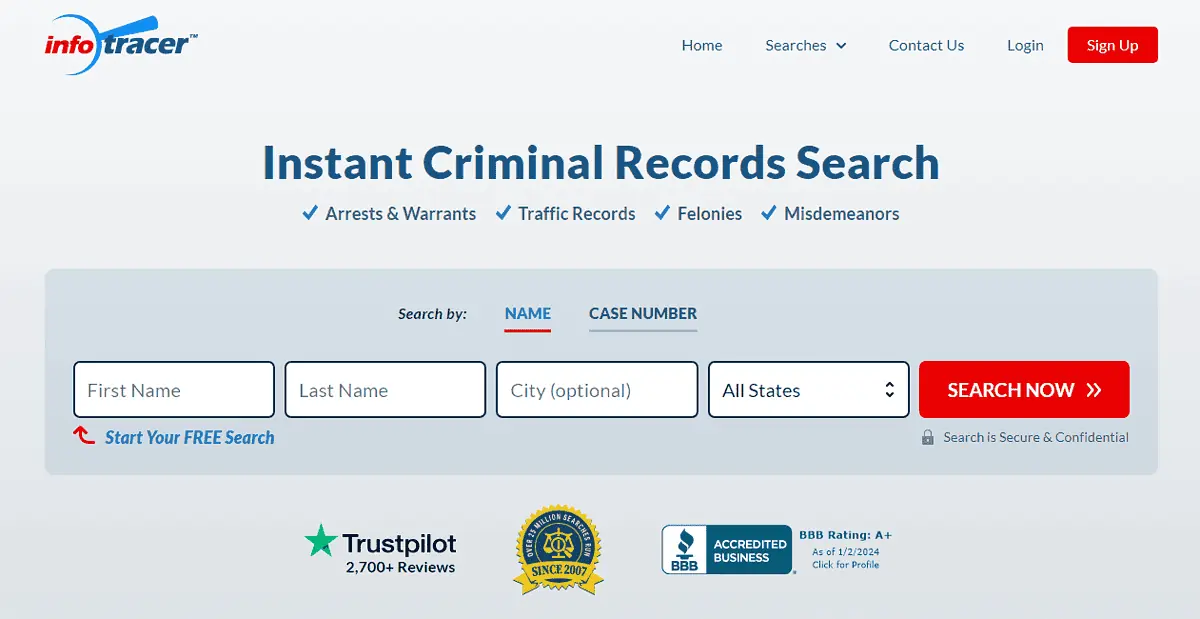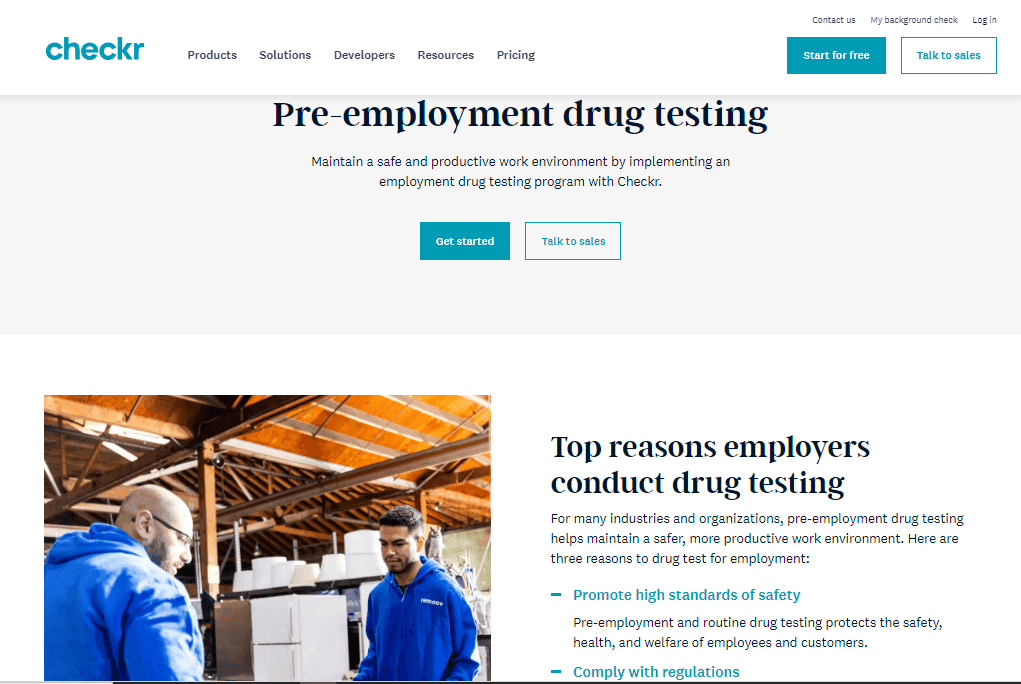How Far Back Does a Background Check Go? [All You Need to Know]
7 min. read
Updated on
Read our disclosure page to find out how can you help MSPoweruser sustain the editorial team Read more

How far back does a background check go? The consensus is usually seven years. But the truth is that background checks can go even farther into the past to uncover hidden information about an individual.
Keep reading to learn about the different types of background checks, how far back they can go, and the limits to the information they can reveal.
How Far Does A Background Check Go?

To a large extent, background checks for employment purposes go as far back as seven years in court and criminal records, while some other records can go back to 10 years or more.
However, the length to which the background check can be searched may be limited by national or state employment laws. Different types of checks also limit how much access you can have to an individual’s history and how it can be used legally.
For instance, the laws or regulations in certain cities may determine how much information you can access and how far back you can look.
Additionally, the Federal Fair Credit Reporting Act (FCRA) requires employers to receive written permission from candidates before performing background checks. It also allows job seekers to respond to any discoveries that may render them unemployable. And finally, it limits how far a background check can look into an individual’s history.
Moreover, the FCRA prohibits Consumer Reporting Agencies (CRAs), including national credit bureaus and third-party background check service providers, from revealing the following information in their reports:
- Arrests, civil suits, and court rulings older than 7 years.
- Paid tax liens older than 7 years from the date of the report.
- Bankruptcies older than 10 years from the date of report.
- Unpaid monies turned over to collection agencies older than 7 years from the report date.
- Any other negative information aside from criminal convictions older than 7 years from the date of the report.
The FCRA allows reporting dismissed court cases and charges not leading up to conviction and arrests for up to 7 years.
Furthermore, California, New Mexico, New York, and Kentucky forbids reporting non-convictions in background checks.
Hawaii, Michigan, and Massachusetts permit arrests to be included in background check reports but prohibit employers from asking about these arrests as long as they didn’t result in a conviction.
On the other hand, California, Wisconsin, and New York limit consideration of arrest records to charges provided the charges are related to the job.
Types of Background Checks
Employees might check into different aspects of your history depending on the job you’re applying for. The most common background checks are as follows:
1. Pre-employment Check
A pre-employment check helps the employer verify the candidate’s history without the individual’s knowledge.
It’s an important step for the employer to verify if you’re the right fit for the job. It is also required by law for positions in certain industries like healthcare.
2. Criminal History

This check lets an employer verify if the applicant has a history of committing crimes. With a criminal history check, the employer can decide if the candidate poses a risk to the company or its customers.
Before a criminal history report can be generated, the criminal court records, national criminal databases, sex offenders databases, and the global terror watch list would have been thoroughly examined.
3. Credit History
This check is done to reveal information on the candidate’s credit card debt, debt records, student loans, mortgage or car payments, and the repayment schedule of these debts.
It’s a useful tool to determine if a candidate is financially responsible.
Keep in mind, however, that some countries and states have laws that compel the employer to inform the candidate of these checks.
4. Drug Screening

Some jobs frown on drug use and require drug and alcohol screening to be carried out before a hiring process. And after that, a periodic follow-up drug and alcohol testing is scheduled.
This is done to reveal if a potential staff member takes drugs, as it’ll be evident in the individual’s bloodstream.
Also, it further helps to curb drug use on the job as it can cause potential hazards, especially if the job requires employees to operate heavy machines and equipment.
5. Past Employment Checks
This important pre-employment check enables the employer to verify the work history included in a candidate’s resume.
It also helps to determine if the individual is the right fit for the job, as it uncovers the nature of past work, job stability, positions held, start and end dates, job roles and descriptions, and more.
It’s a key step to ensure there’s no false data on a candidate’s resume.
Levels of Background Checks
Running background checks doesn’t have a fixed standard for everyone to follow. This is because each company’s needs are different. This is why different depths of screening are conducted before a hiring process is concluded.
These levels highlight the extent to which a company is legally allowed to research you:
- Level 1: This is a basic form of background check carried out using the target’s name, email address, or phone number.
The results of this check usually include the target’s criminal history, employment history, and civil records within the state where the screening is done. Level 1 background checks can go as far back as 7 years into the past.
- Level 2: Fingerprint-based background screening that searches federal, state, and local county databases, including FBI records to uncover up to 7 years of records about an individual.
Level 2 background checks are suitable for screening applicants for entry-level positions as the criminal reports are directly from the courts.
- Level 3: This is a more comprehensive background check suitable for positions in government as well as healthcare, finance, and other security-conscious industries.
The level 3 background check helps to safeguard the company’s integrity as it looks into the individual’s credit history, finances, and health, and includes a thorough drug check.
In addition, it offers education verification, a nationwide criminal history check, a federal court search, previous employment history, and reference checks.
- Level 4: This is the most comprehensive form of background check. It offers searches in both federal and county civil records, financial screening, social media profiles, and a more intense drug and health screening.
Level 4 background screening is essential when hiring candidates for security-sensitive and executive management positions.
How To Do Your Own Background Check
It’s never a bad idea to run a background check on yourself as it can help you discover certain things that need to be fixed to avoid future problems.
Here’s how to do that:
- Pick a reputable online background check service.
- Start a search by entering your personal information e.g., your name, phone number, or email address.
- Specify the information you want included in the search report.
- Wait for the process to complete and obtain a copy of your report.
- Review the records to verify their authenticity.
FAQs
Do background checks go more than 10 years?
Yes, some background checks can go back more than 10 years. For example, education verification for governmental positions can span a candidate’s entire life if the records are available.
However, most background checks only go as far back as 7 to 10 years. The length to which a background check can go back into the past depends on the federal and state laws, as well as the type of search conducted.
Does your criminal record clear after 7 years?
The simple answer is no. Your criminal records don’t automatically go away after 7 years. However, you can have your criminal records sealed or completely expunged.
This way, they’re erased and will no longer be available or accessible by background check services.
Will background checks show all my jobs?
A background check might not show all your past jobs. It depends on how deep the check is and where the information comes from. Sometimes, past jobs, especially at small or informal places, might not be included.
Summary
So how far back does a background check go?
Usually between 7 and 10 years into the past. However, this depends on the state or federal laws applicable where you live.
Additionally, the type of job you’re applying for also plays a role. For example, healthcare professionals and executive managers are often subjected to more in-depth background checks.








User forum
0 messages